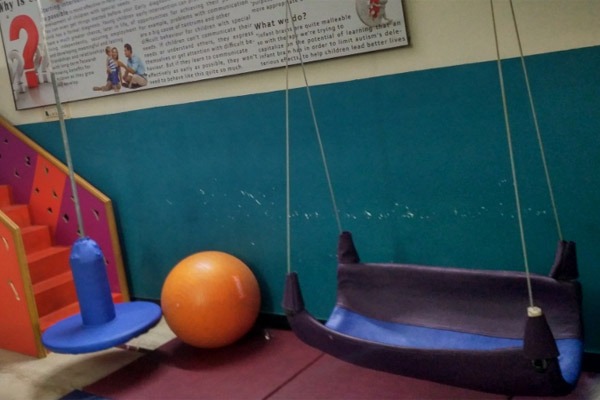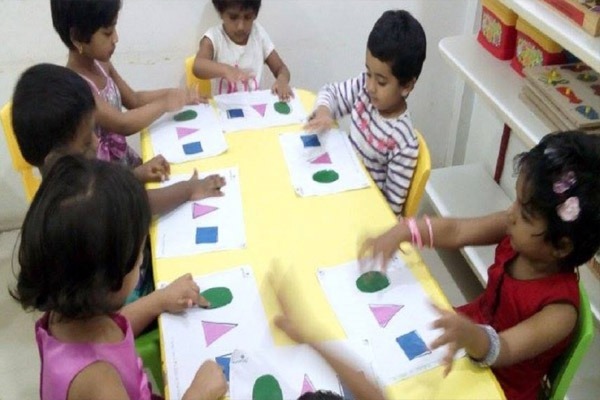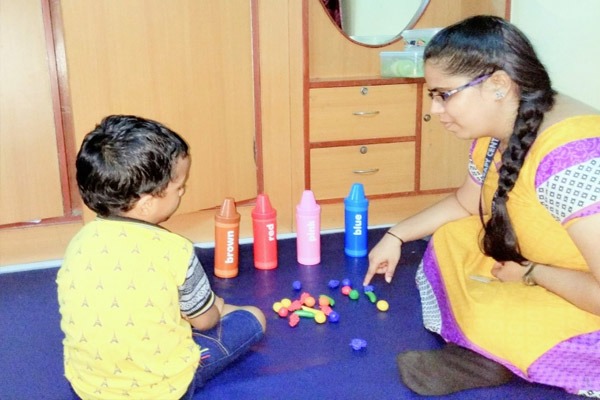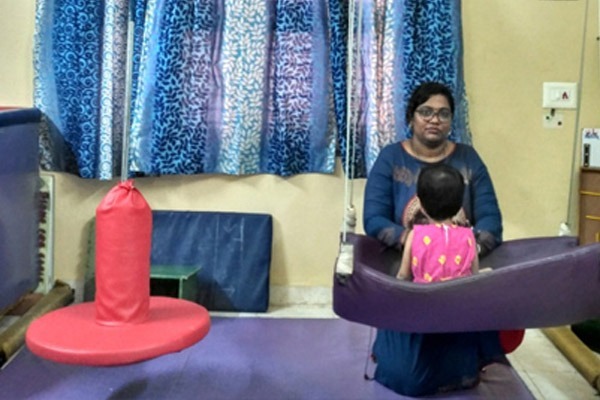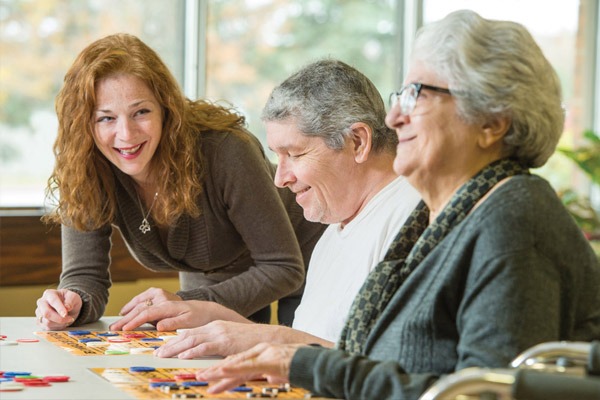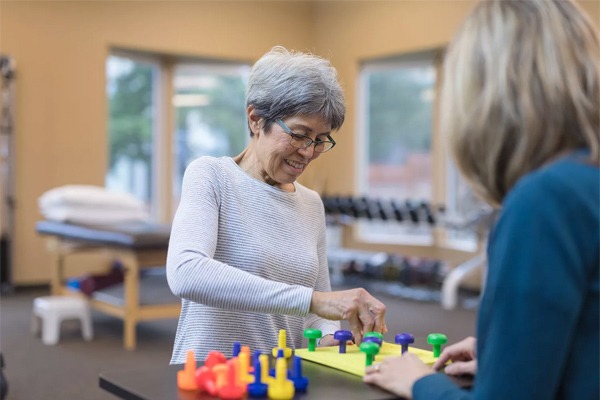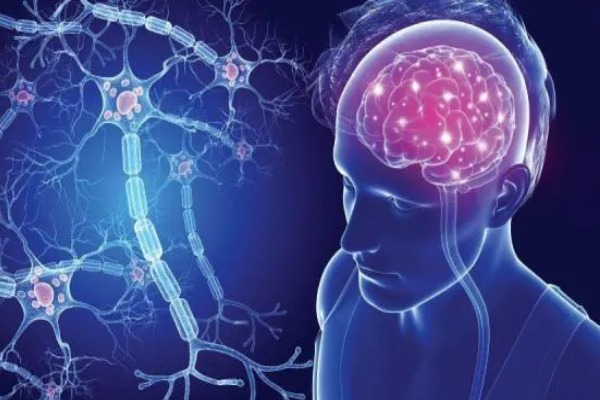






Welcome to
Chaitanya Therapy Centre
Early intervention is so important
Early attention to taming the core behavioral symptoms of special kids will give your child and the rest of the family numerous important benefits that you will not gain if you take a wait-and-see approach until your child enters school at age four or five. The path ahead is going to be bumpy. There will be intervals when your child’s progress may stall or takes an unpredicted turn and when it does, try to remind yourself that these are speed bumps and not roadblocks. Try taking them one at a time. It is very vital that you start now.
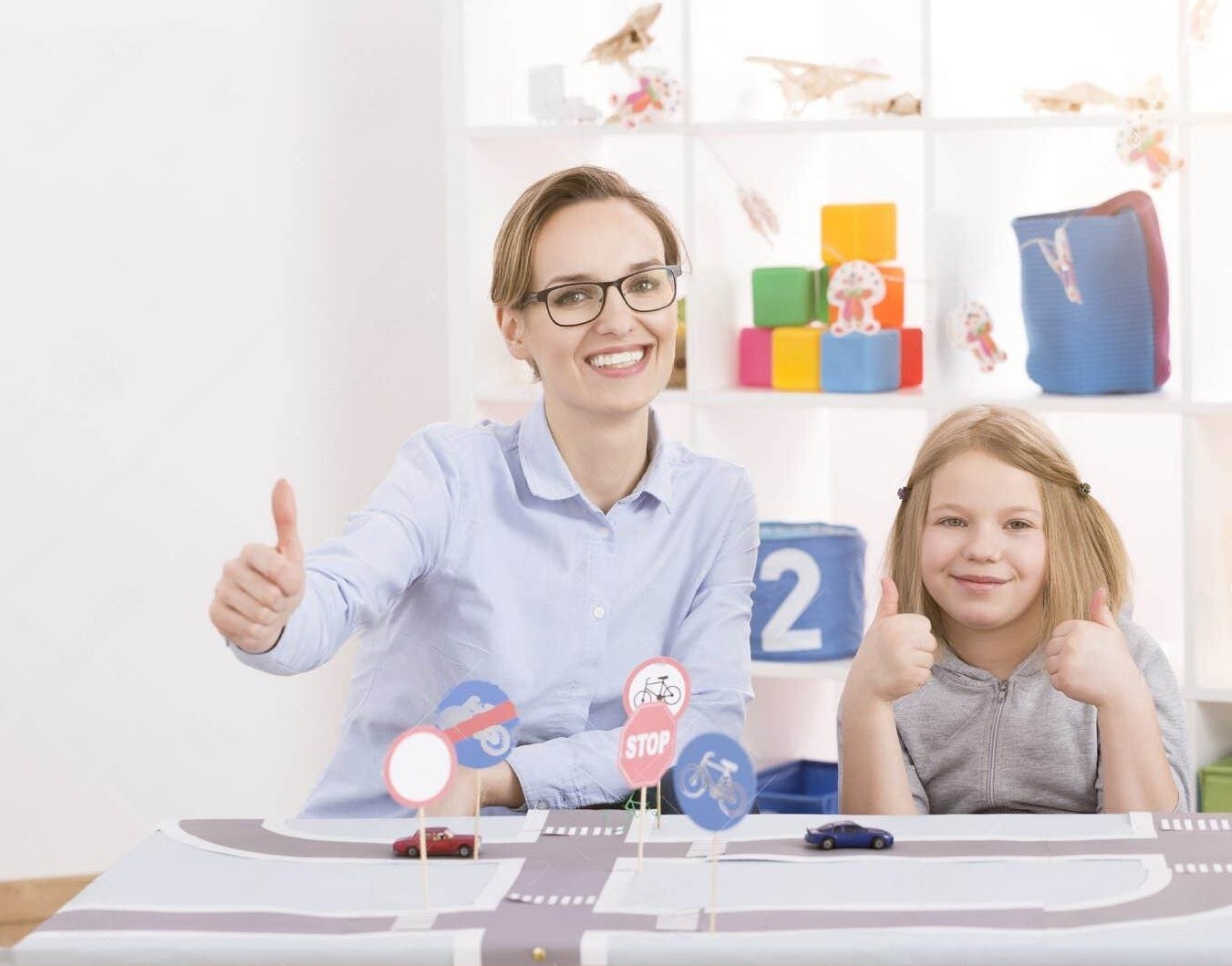
Years Experience
0
+
Awards
0
+
Parent Satisfaction
0
+
For Children
Services
For Adults

Why Choose Us
Make an Impact at Any Age of a Child
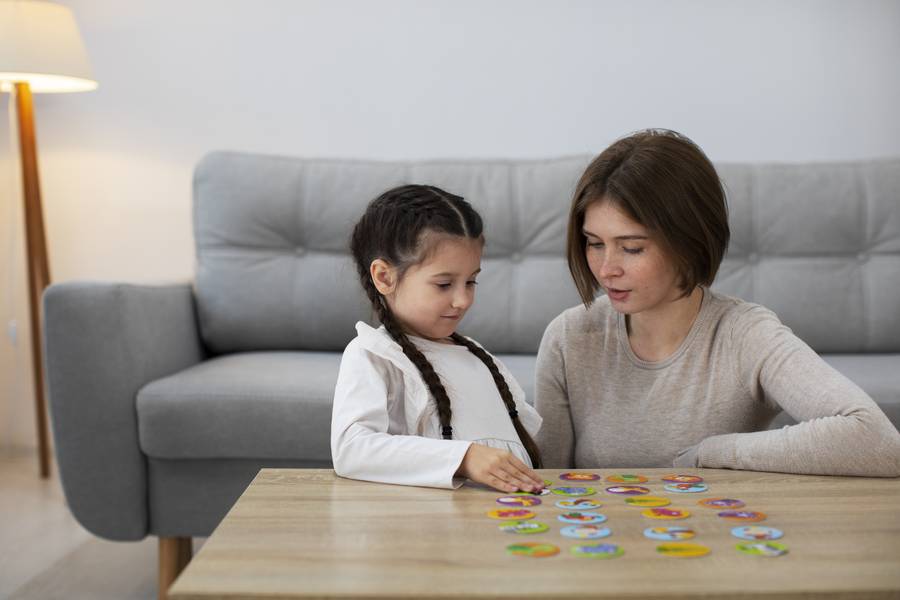
Early
Intervention
Unique Way of Occupational Therapy
Tailor Made
Goals
Unseen Features of Speech Therapy
Expert Advice and
Therapy
Research and
Development
Testimonials
I like to tell you my personal experience in Chaithanya. We went there when my son was 1.9 years, there we met Kamalraj sir and he told us you are at right time and no need what was your child was now and we will take care. From then on wards, we are free from worry and now he is 3.1 years. He had rapidly developed and good in all. Although we all think its very difficult to pay money. but I will say only one money can be earned at any stage but our kids brain can be stimulated only at a right time. I am really happy with Geeva mam and Kamalraj sir's performance. Highly recommend to all, thanks for Chaithanya.
Kiruthika
My son Yesvanth joined OT 45 days before, he was hyperactive and never listens to anything. Today I found him almost normal doing all regular activities like playing with toys, swinging, cycling and murmuring rhymes, 123, adcd etc., We found Chaitanya OT Centre is the best centre for OT and Speech Therapy. Special thanks to Dr. KAMAL RAJ who given excellent support and services.
Padmanaban Devaraj
My son Sanjeev hardly spoke 4 to 5 words last year before we joining for OT and Speech Therapy in Chaitanya. But now he is communicating in meaningful sentences and he is able to understand commands and follow. This much fast improvement we have got in Chaitanya by the past one year itself. And the activities that are teaching here, we couldn't see the different type of activities in any other therapy centres. Only Geeva mam can think this many type of activities by using simple playing things and using that in different ways. We sincerely thank Geeva mam and Chaitanya for Sanjeev's fast improvement in his speech and behaviour.And we have full hope in Chaitanya that Sanjeev will improve in writing also. I wish Chaitanya to continue their greatest service and enlighten the lives of children with special needs.
Jeyaraman Irulappaswamy
Blog & Article
Our Latest Blog
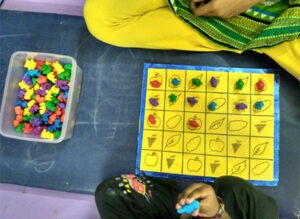
What we do
Speech Therapy
Receptive language means understanding symbolic meaning. Simply put, instances like: Dad holding his keys means that we are going out
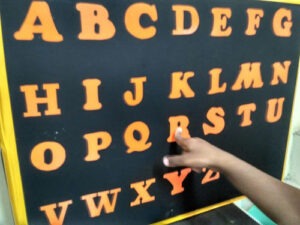
What we do
Special Education Center
Chaitanya helps as an effective remediation/intervention program for students in grades 1-5. We will exactly identify kids’ strengths and weaknesses

What we do
Developmental Delay Treatment
Developmental delay is a term used when a child is developing skills more slowly than other children in the same age group in the areas of speech and language
FAQ
Speech therapy can be beneficial at any age. Early intervention is ideal for young children showing speech or language delays, while therapy remains valuable for school-aged children, adolescents, and adults facing communication challenges. The best age to start depends on the individual’s specific needs and developmental stage.
Yes, speech therapy is effective. It helps individuals improve their communication skills, addressing issues like articulation, language development, and social communication. Success depends on the individual’s specific needs, the therapist’s expertise, and consistent practice. Many people experience significant improvements through targeted, personalized therapy.
Occupational therapy charges vary based on location, therapist experience, and session length. In Chennai, prices typically range from ₹500 to ₹2000 per session. It’s best to contact therapy centers directly for precise pricing and to inquire about package deals or insurance coverage.
If your child shows signs of ASD, such as difficulties with social interactions, communication challenges, repetitive behaviors, or sensory sensitivities, it is important to consult a specialist. Early evaluation and intervention can significantly improve outcomes. Common signs to look for include:
- Lack of eye contact or response to their name
- Delayed speech and language skills
- Repetitive movements or behaviors
- Difficulty with changes in routine
- Challenges in social interactions and making friends
A developmental delay centre typically offers a range of services to support children with developmental delays, including:
- Comprehensive Assessments: To evaluate the child’s developmental progress and identify specific areas of delay.
- Individualized Therapy Plans: Tailored to meet the unique needs of each child.
- Speech and Language Therapy: To improve communication skills.
- Occupational Therapy: To enhance fine motor skills, sensory processing, and daily living skills.
- Physical Therapy: To improve gross motor skills and physical development.
- Behavioral Therapy: To address behavioral issues and improve social skills.
- Parental Support and Training: To equip parents with strategies to support their child’s development at home.
Signs that your child may benefit from sensory integration therapy include:
- Over- or under-reacting to sensory stimuli (e.g., being overly sensitive to sounds, touch, or movement)
- Difficulty with motor skills and coordination
- Problems with balance and spatial awareness
- Unusual reactions to textures, clothing, or food
- Avoidance of or seeking excessive sensory input (e.g., avoiding messy play or seeking constant movement)
- Challenges with attention and focus
- Difficulty with social interactions and behavior regulation
The duration to see significant improvement in handwriting varies depending on the individual’s starting point and the frequency of classes. Generally, noticeable progress can be seen within a few weeks to a few months of regular practice and instruction.

